Congratulations on making it to the final stages of your college search[1]! Before you fill out your application and hope for the best, it’s important to take a step back and review your college list. Ask yourself the following questions to help refine your choices: Am I happy with my current list of schools? What characteristics do I want in a college?[2] Are there any criteria I’ve overlooked? Can I meet these needs with my current list? If you find yourself answering yes to any of these questions, it may be time to revise your list. Don’t worry; revising your list isn’t the end of the world.
The first step towards refining your list is to set concrete goals for yourself. It’s important to define exactly what it is you’re looking for in a school before you begin your search. For example, if you want to study nursing, you may want to find a school that offers a nurse residency program[3]. On the other hand, if you’re undecided about your major[4], you may want to consider a liberal arts college where you have the freedom to try out different majors before settling on one. Once you have established your goals, you can start evaluating schools based on their ability to provide the education and environment that will help you reach them. You can find helpful information about the degree programs offered by each school on their websites, as well as on sites like www.collegenavigator.com[5] (a tool that provides in-depth information about colleges).
You may also find it useful to talk to an admissions representative from your top-choice schools[6] to learn more about their academic offerings and campus culture.
Once you’ve identified which schools you’d like to add to your list, you need to find out how much they cost. Every student has different financial considerations. Some families can afford the cost of a brand-name university[7], while others may need to look for more affordable options. If you have limited funds available, you should prioritize schools that don’t require a significant financial investment up front. Many colleges and universities offer scholarships and other financial aid programs [8]to help you cover the cost of tuition and other expenses. There are also a number of organizations that provide grants for low-income students[9]. These include federal and state governments, scholarship programs sponsored by individual companies, and various nonprofit organizations[10].
Once you’ve identified which schools fit your budget, the next step is to compare them against each other to determine which ones offer the best value for your money. There are a number of ways to do this. You could start by conducting research on each school and evaluating the quality of their academic programs and the support they offer to students. You can also visit each campus to learn more about the types of classes offered and extracurricular activities available for students. If possible, you should also talk to current students to get their opinions on the school.
Now that you’ve completed your research and have a list of potential schools, it’s time to narrow it down and make a decision! Choosing the right school is an important decision that you should make after careful thought and research. Making your decision also requires some critical self-reflection. Think about what is important to you and consider things like your goals for your future, your priorities in life, and your interests. Ask yourself the following questions to help you find the right school for you:
The last step in the process is to accept your offer of admission and decide where to enroll![12] This is an exciting time as you consider your options and choose the school that’s right for you. It’s a good idea to take some time to make a final decision and do some research to make sure you’re making the right choice. Don’t rush into making a decision that you may regret later! You should also keep in mind that you may need to withdraw from the colleges you’ve applied to if they’re not a good fit. If your top choices don’t work out for financial or other reasons, it’s OK to continue looking! Ultimately, you should feel good about your choice—both about the school and the decision process. Congratulations! You did it!
References
For Any questions and concern
Pathway2Career Consulting
yeraz@pathway2careerconsulting.com
(818) 913-9919
According to data from the Common Application, a non-profit organization that provides an online platform for college applications, the average EA admission rate for the class of 2023 was 21.8%. This means that, on average, about 22% of students who applied to colleges through EA were admitted. However, it’s important to note that admission rates for specific colleges can vary greatly from this average. For example, the EA admission rate for Harvard University for the class of 2023 was 13.9%, while the EA admission rate for the University of Michigan was 29.2%.
ED admission rates are typically lower than EA admission rates. According to the Common Application, the average ED admission rate for the class of 2023 was 16.5%. This means that, on average, about 17% of students who applied to colleges through ED were admitted. However, like EA admission rates, ED admission rates for specific colleges can vary greatly from this average. For example, the ED admission rate for Duke University for the class of 2023 was 20.6%, while the ED admission rate for Northeastern University was only 9.6%.
It’s important to note that these numbers are just averages and admission rates for specific colleges can vary greatly from year to year. Additionally, the acceptance rate for ED and EA is not always indicative of the difficulty of getting accepted to a college, as some colleges may have a higher acceptance rate for ED applicants than EA applicants.
It’s also important to remember that applying through EA or ED does not guarantee admission to a college. While these programs can increase your chances of being admitted, it’s still important to have a strong application and demonstrate your interest in the college.
Therefore, understanding the admissions rates for Early Action and Early Decision programs can help students and their families make informed decisions about the college application process. While the average EA admission rate for the class of 2023 was 21.8% and average ED admission rate was 16.5%, it’s important to research the specific admission rates for the colleges you’re interested in. Additionally, remember that applying through EA or ED does not guarantee admission and having a strong application is crucial.
For Any questions and concern
Pathway2Career Consulting
yeraz@pathway2careerconsulting.com
(818) 913-9919
2029 Verdugo Blvd., Suite 728 Montrose,CA 91020
Hours: Monday-Friday (9:00 am- 6:00pm)
yeraz@pathway2careerconsulting.com
(818) 913-9919
